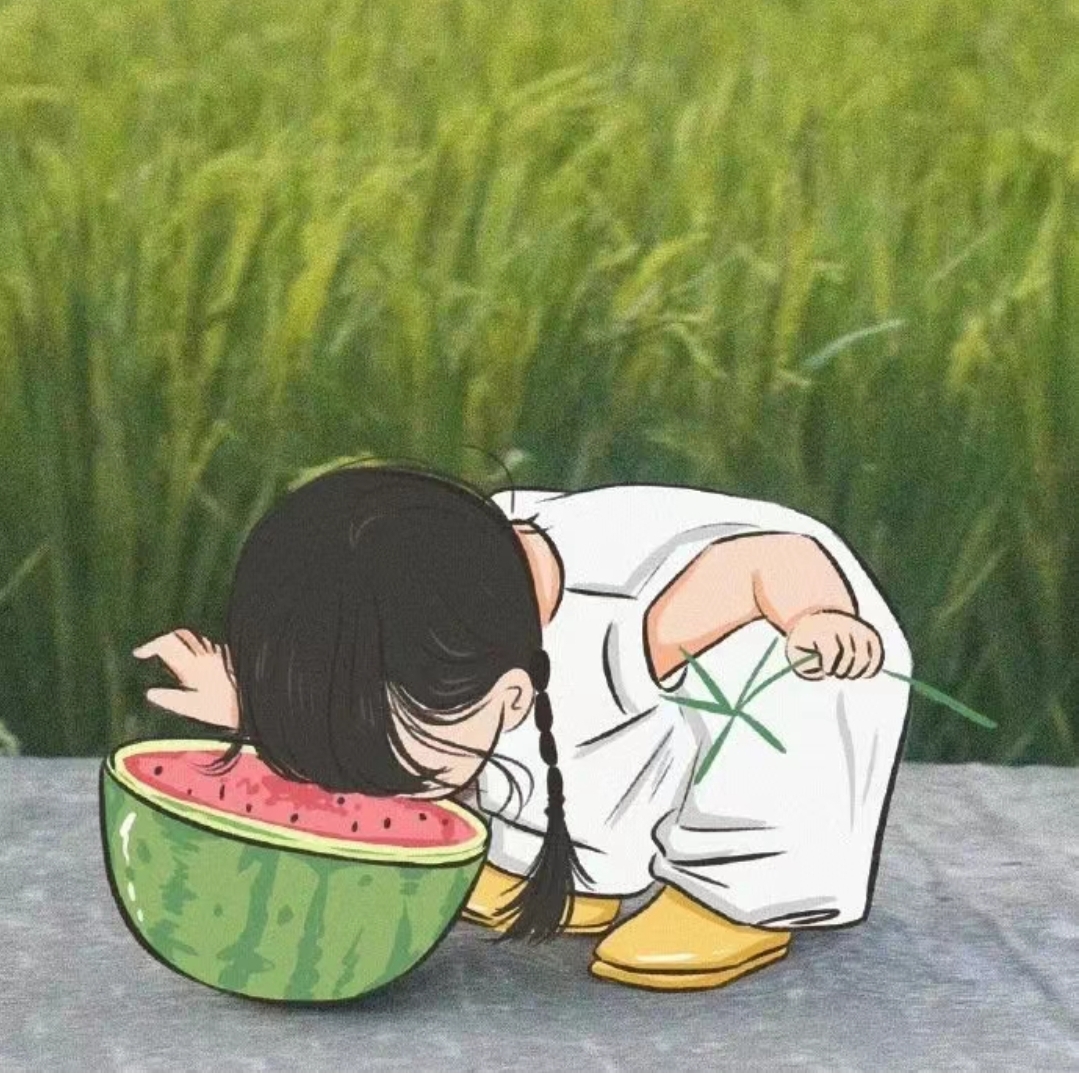
【现货速发】清明节
全新正版书籍,24小时发货,可开发票。
¥ 13.5 6.8折 ¥ 20 全新
库存4件
作者田阡 等著,李力 等译
出版社安徽人民出版社
ISBN9787212070564
出版时间2014-03
装帧平装
开本其他
定价20元
货号23462001
上书时间2024-12-18
- 最新上架
商品详情
- 品相描述:全新
- 商品描述
-
导语摘要
清明节是中国民间传统节日,是重要的"八节"(上元、清明、立夏、端午、中元、中秋、冬至、除夕)之一,一般是在公历4月5号前后,节期很长,有10日前8日后及10日前10日后两种说法,这近20天内均属清明节。清明一到,气温升高,正是春耕春种的大好时节,故有"清明前后,种瓜点豆"之说。清明节是一个祭祀祖先的节日,传统活动为扫墓。
清明节的起源,据传始于古代帝王将相"基祭"之补。后来民间亦仿效,于此日祭祖扫墓,历代沿袭而成为中华民族一个固定的风俗。
目录
章起源
ChapterOneOrigin
上巳节
TheShangsiFestival
寒食节
TheHanshiFestival
祭祖
AncestorWorship
节气
SolarNodesorTerms
清明节
TheQingmingFestival
第二章流布
ChapterTwoDissemination
大陆
MainlandChina
港台
HongKongandTaiwan
海外
OverseasChineseCommunities
第三章风俗
ChapterThreeCustoms
扫墓与祭祖
TombSweepingandAncestorWorshipping
踏青
GoforanOutinginEarlySpring
饮食
Food
第四章特色节庆地
ChapterFourDistinctiveFestivePlaces
陕西:清明公祭
ShaanxiProvince:QingmingPublicMemorial
少数民族过清明
NationalMinoritiesCelebrateQingming
苏北水乡:清明大会船
WaterlandinNorthernJiangsuProvince:Regatta
后记
Postscript
《中国节庆文化》丛书后记
ThePostscriptofChineseFestivalCultureSeries
内容摘要
清明节是中国民间传统节日,是重要的"八节"(上元、清明、立夏、端午、中元、中秋、冬至、除夕)之一,一般是在公历4月5号前后,节期很长,有10日前8日后及10日前10日后两种说法,这近20天内均属清明节。清明一到,气温升高,正是春耕春种的大好时节,故有"清明前后,种瓜点豆"之说。清明节是一个祭祀祖先的节日,传统活动为扫墓。
清明节的起源,据传始于古代帝王将相"基祭"之补。后来民间亦仿效,于此日祭祖扫墓,历代沿袭而成为中华民族一个固定的风俗。
精彩内容
章起源
"清明时节雨纷纷,路上行人欲断魂。借问酒家何处有,牧童遥指杏花村。"唐代大诗人杜牧的一首《清明》,流传至今。作为中华民族的传统节日,清明节期间扫墓祭祖的习俗一直被人民群众所继承。但是,扫墓祭祖并不是从来就有的,而清明节的活动也不只是这两项。事实上,现在的清明节是融合了古代的上巳节、寒食节和春祭,在历史的长河中慢慢演变而来的传统节日。
ChapterOneOrigin
"AdrizzlingrainfallsceaselesslyontheMourningDay;
Themourner'sheartisbreakingonhisway.
'WherecanIfindatavern,please?'
'Overthere.'AcowherdpointstoAlmondFlowerVillageinthedistance."
ThisisapoementitledQingmingbythegreatTangDynastypoetDuMu,whichisstillpopulartoday.AsatraditionalChinesefestival,thepracticeofsweepingtheancestraltombsandhonoringtheirancestorsduringtheQingmingFestivalhasbeeninheritedbytheChinesepeople.However,tendingtothegravesofthedepartedonesorofferingsacrificestotheancestorsdidn'texistatalltimes,norweretheQingmingactivitiesjustlimitedtothesetwo,either.Infact,thepresent-dayQingmingFestivalistheintegrationoftheancientShangsiFestival,HanshiFestivalandspringofferingsandhasevolvedgraduallyintoatraditionalfestivalinthelongprocessofhistory.
1.上巳节TheShangsiFestival
上巳,指农历三月个巳日。上巳节的出现,初与道教有关。在中国民间传说中,西王母是住在西方昆仑山的仙女,有三只名为"青鸟"的猛禽伺候她。晋朝葛洪的《枕中书》记载,混沌未开之前,号称"元始天王"的天地之精游走于混沌之中,后来二仪化分,元始天王居天中心之上,吸天气,饮地泉,又经数劫,与太元玉女通气结精,生天皇西王母。因而,每年三月初三是西王母的生日。王母娘娘的蟠桃园里有三千六百株蟠桃树,她每年生日的时候都会举办蟠桃会,而瑶池蟠桃会又引出了"麻姑献寿"的故事。 TheShangsiFestivalreferstothefirstSidayinMarch,thatis,thethirddayofthethirdmonthoftheChinesecalendar.TheemergenceofthisfestivalwasoriginallyrelatedwithTaoism.IntheChinesefolktalesandlegends,Xiwangmu(theQueenMotheroftheWest)isafairylivinginmythicalKunlunMountainsoftheWest,whohasthreeferociousbirdsnamedQingniao(BlueorGreenBird)servingher.AccordingtotherecordsofZhenZhongShu,orBookinaPillowbyGeHong,aminorsouthernofficialduringtheJinDynastyofChina,atatimeofpre-CreationwhentheUniversewasstillnullandthecosmoswasindisorder,theSpiritofHeavenandEarth,calledYuanshiTianwang,literally"HeavenlyKingofthePrimordialBeginning"wasroaminginthemidstofwhereHeavenandEarthwereonceinextricablycommingled(hun-dun).Later,Liangyi,orYinandYang,wereproduced.YuanshiTianwang,residingabovethecenterofHeaven,inhaledHeavenlyair,drankEarthlysprings.AfterbeingthroughsufferingKarma,YuanshiTianwangmatedwithTaiyuanYünü(theVirginoftheGreatOrigin)andproducedTianhuang(theGodofHeaven)andXiwangmu,thepossessorofthegardenofthe3600sacredpeachtrees.MarchthethirdisthebirthdayofXiwangmu.Xiwangmuwouldcelebrateherbirthday,thethirddayofthethirdlunarmonth,byhostingaPantao(Chineseflatpeach-immortalitypeach)banquetatthePondofJadeeachyear.AndtheassemblyalsobroughtaboutthestoryofMaGu,whopresentedherbirthdaygifttoXiwangmu.
相关推荐
— 没有更多了 —






















以下为对购买帮助不大的评价